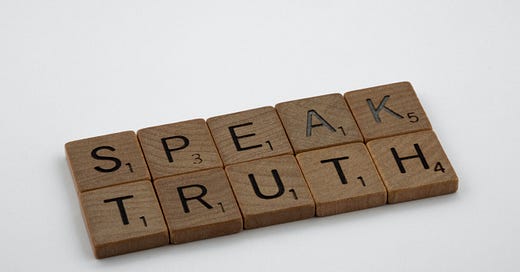I’ve been wanting to write about hypocrisy, because I hate hypocrites, but then I remember that I am not free from hypocrisy and I don’t want anyone to point that out.
I recently discovered that there’s a lot of academic research on the subject, because to be human is to be a hypocrite. One interesting finding is that hypocrisy is considered to be a greater failing in societies marked by high levels of independence, like the US, than in those where the society is more interdependent, possibly because in interdependent cultures, people may accept that others say things they don’t live out to be polite or to keep group harmony.
But some acts of hypocrisy are seen as worse than others.
Researchers at Northwestern University found that hypocrisy was associated with the idea of surprise. It wasn’t morality; the participants judged someone who claimed to only like chocolate ice cream but who served vanilla about as harshly as someone who claimed to be against capital punishment but who voted for it. Participants simply didn’t like it when people said one thing and did another, but they were more accepting of it if they felt that people had a basis for changing their minds. An early study at Harvard found similar results; participants felt deceived by false signals of moral behavior.
And, no surprise, there’s a tech bro on LinkedIn talking about how hypocrisy can help you gain influence and control. Some people want to be stereotypes, you know? It apparently works, because The New Yorker just did a piece on the Sam Altman/Open AI kerfuffle, and, well? The traits that make someone a good friend or colleague are not necessarily the traits that make someone a good CEO. That’s sad, but not surprising.
So what do you think? Please share your thoughts in the comments.






Hypocrisy bothers me most when it can have a direct, dire impact on other people--say, a legislator voting against reproductive care but then finagling an abortion for a family member. If, on the other hand, an acquaintance claims to eat a really healthy diet but actually exists on Oreos and Doritos--well, I might roll my eyes and avoid going to them for advice on nutrition, but then I'd just get on with my day.
Hypocrisy is inevitable because when we like something, we play up its benefits and downplay its costs, but when we dislike something, we do the opposite.
Also, because motivated reasoning rules us, we process information in ways that flatter our prejudices and excuse our misdeeds.
I feel like it's so common in the workings of the human mind that it's not really worth getting worked up over. The trouble is that human relationships are based on trust, and the person telling you to drive the speed limit while doing 125mph in their Lambo is breaking that trust because they clearly are not living by their own advice.